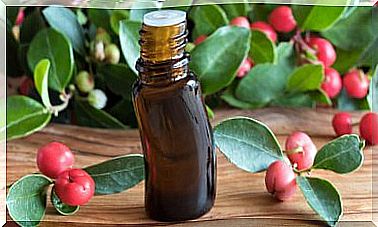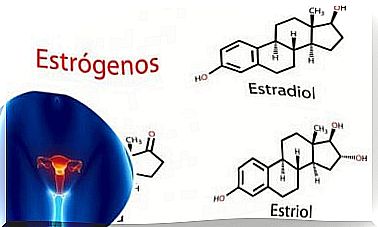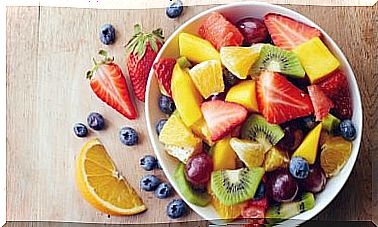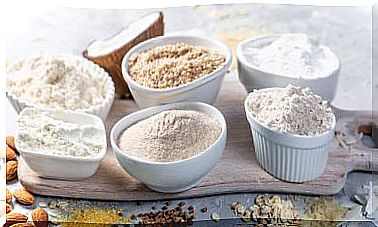Benefits Of Chard, A Vegetable With Many Nutrients
In the Mediterranean countries there is a vegetable that is very popular in the different gastronomic traditions: chard. It is a very versatile food from a culinary point of view. It admits various combinations and can be taken both raw and cooked, combined with various foods. On the other hand, from the nutritional point of view it is a suitable food to complement the diet.
Chard is a food with a high content of water and fiber, but several nutrients can also be found in its composition. Below we will discuss in more detail what are the vitamins, minerals and other nutrients that can be found in its composition and, therefore, the possible benefits that it could bring to the diet when they are regularly included in it.
The benefits of chard come from its nutrients
Vitamins
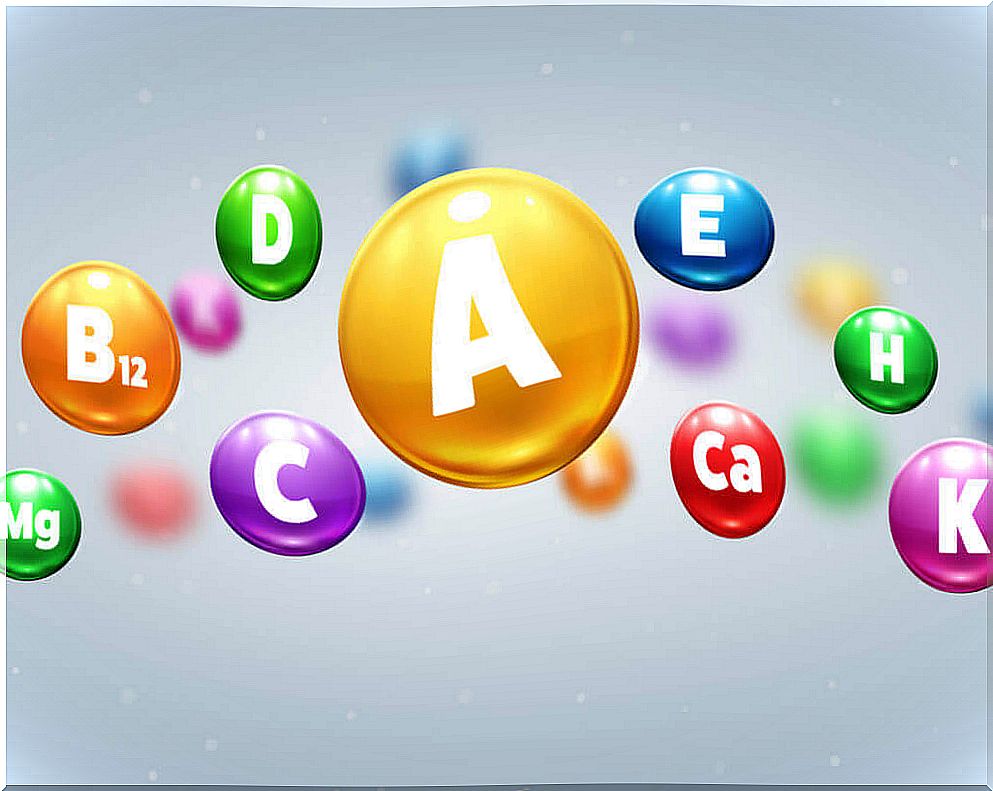
Swiss chard is one of the richest vegetables in vitamin K that exists. Only about 100 grams provide approximately 700% of the recommended intake, according to data provided by the Spanish Nutrition Foundation (FEN).
This vitamin is a nutrient of great importance in bone and blood health, since it intervenes in coagulation and other functions of the body. Therefore, it is a substance that the body needs to be healthy. It should be clarified that, d Since the human body is capable of storing vitamin K, it is not necessary to consume it on a daily basis.
According to data provided by experts from the National Institutes of Health (NIH) , vitamin K is found in various foods, including spinach, meat, cheese, and eggs, not just chard.
Other vitamins present in Swiss chard
- Swiss chard is also a source of vitamin A and E, and B complex vitamins (B1, B3, B5, B6, B9), which are essential for cellular metabolic functions.
- On the other hand, chard leaves are an excellent source of antioxidant vitamins, such as vitamin C. Thus, they provide about 34% of the recommended daily levels (per 100 grams).
Minerals
Swiss chard is also a good source of minerals such as: copper, calcium, sodium, iron (in fact, they contain more iron than spinach), manganese, phosphorus. Although its most significant contribution in this regard is potassium and magnesium.
Fiber
Another benefit of chard is that, thanks to its high content of soluble fiber, it helps maintain good intestinal transit and prevent constipation.
Other nutrients
According to the FEN data, Swiss chard is also a source of omega 3 fatty acids, flavonoids and other antioxidants such as beta-carotene, α-carotene, lutein and zeaxanthin. They also have very few calories, 19 kcal / 100 grams, and very little fat.
To consider
As already mentioned above, the regular consumption of a vegetable such as chard is recommended within a balanced diet, since it is a food with adequate nutritional value, which can provide various health benefits.
Keep in mind that, although chard is a nutritious food, you should not base your diet solely on them. The ideal is to maintain variety in the diet and, when in doubt, consult with your doctor or nutritionist before making drastic changes.
On the other hand, it must be taken into account that, although a food may be healthy, by itself it is not capable of preventing or curing diseases. They can make a certain contribution, as long as they maintain a healthy lifestyle. The sum of factors is what really brings benefits, not a single specific habit.
